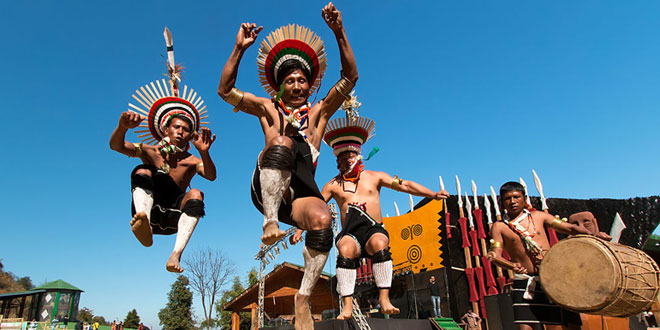Question: What were the main activities of the Khonds living in the forests of Orissa?
Answer: The Khonds were basically hunter- gatherers. They regularly went out on collective hunts and then divided the meat amongst themselves. They ate fruits and roots collected from the forest and cooked food with the oil they extracted from the seeds of the sal and mahua. They used many forest shrubs and herbs for medicinal purposes and sold forest produce in the local markets. All their activities were based on forest.
Question: How did traders and moneylenders exploit the tribal people?
Or
How were traders and moneylenders cause of the tribal misery?
Answer: Tribal groups often needed to buy and sell in order to be able to get the goods that were not produced within the locality. This led to their dependence on traders and moneylenders. Traders came around with things for sale. They sold the goods at high prices.
Moneylenders used to give loans with which the tribal met their cash needs, adding to what they earned. But the interest charged on the loans was very high. Thus, both traders and moneylenders always exploited the tribal people. It is therefore the tribal saw them as evil outsiders and the cause of their misery.
Question: How did the British officials view settled tribal groups and those who moved about from place to place?
Answer: The British officials saw settled tribal groups such as the Gonds and Santhals as more civilized than hunter-gatherers or shifting cultivators. These tribal groups lived in the forests and kept on moving. They did not have a fixed home. The British considered them wild and savage and therefore they needed to be settled and civilized.
Question: Describe land settlements introduced by the British.
Answer: The British introduced land settlements to ensure a regular revenue source for the state. Under these settlements:
- The British measured the land, defined the rights of each individual to that land, and fixed the revenue demand for the state.
- Some peasants were declared landowners, others tenants. The tenants were to pay rent to the landowner who in turn paid revenue to the state.
Question: Why was the British effort to settle jhum cultivators not very successful?
Answer:
- It is usually difficult to carry on settled plough cultivation in areas where water is scarce and the soil is dry.
- Jhum cultivators who took to plough cultivation often suffered since their fields did not produce good yields. Hence, the Jhum cultivators in north-east India insisted on continuing with their traditional practice.
- The British faced widespread protests. Therefore, they allowed them to carry on shifting cultivation in some parts of the forest.
 Class Notes NCERT Solutions for CBSE Students
Class Notes NCERT Solutions for CBSE Students



Thank you for helping it made my worksheet easy!
THANK YOU….
Thanks for the answers this made my home assignment easy.